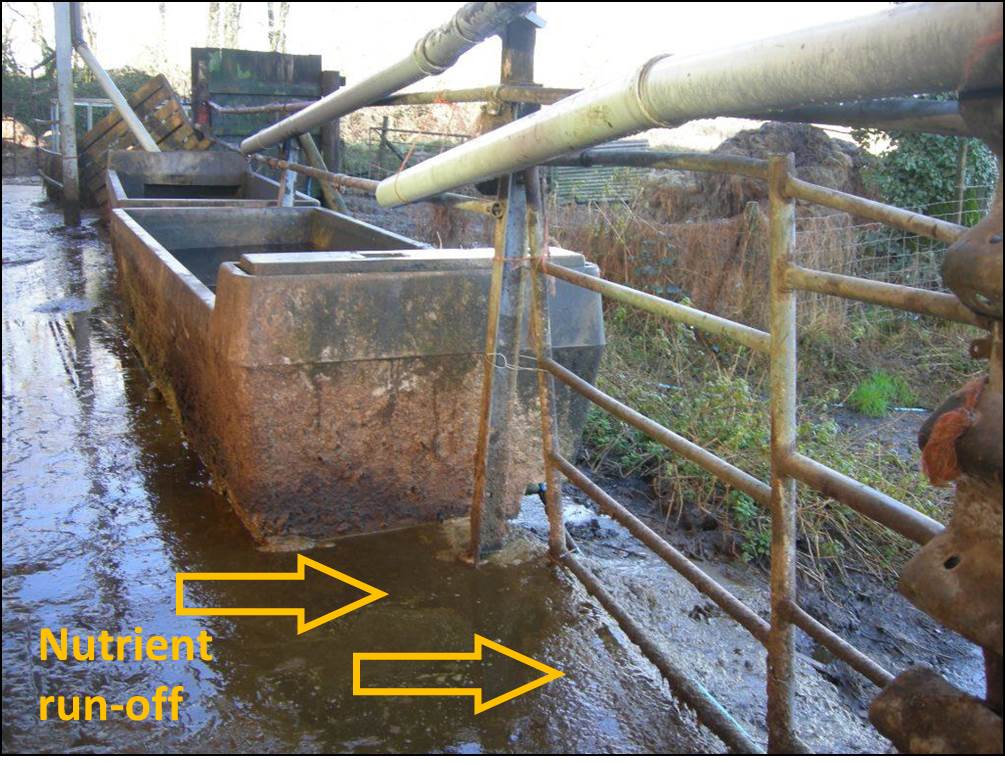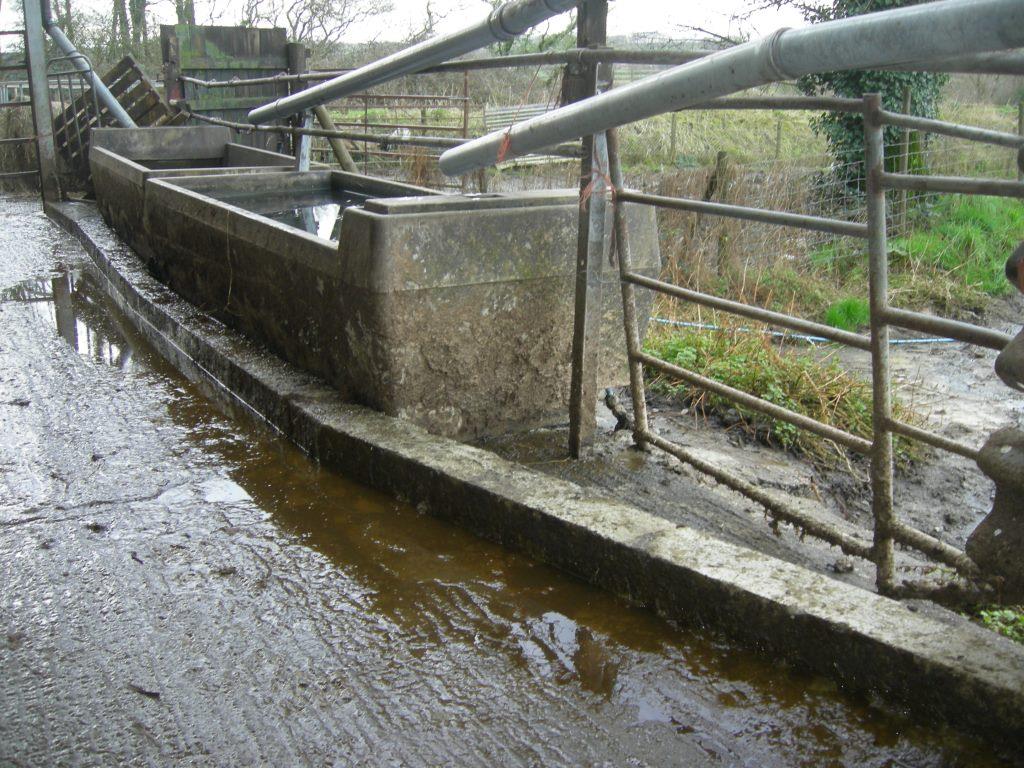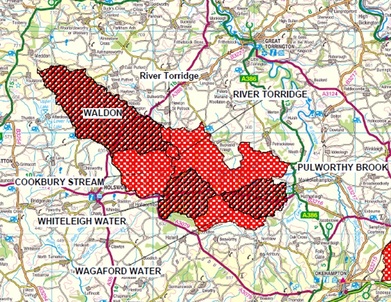Agricultural Diffuse Pollution Project
|
The Agricultural Diffuse Pollution Project was funded by the Environment Agency and led by the Biosphere Service between December 2013 and March 2014. The project helped landowners to reduce diffuse pollution through identifying problems and providing advice and grant-aid for farm infrastructure improvements.
|








